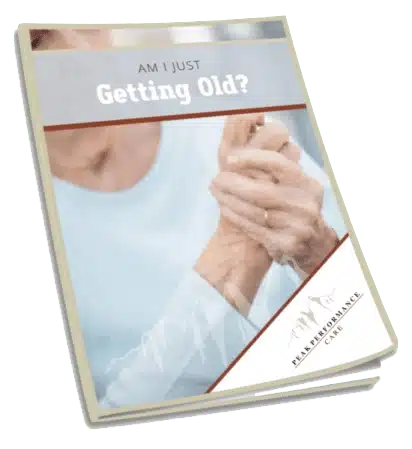Like with all forms of osteoarthritis, there are five stages of deterioration:
The first is what is classed as the ‘normal’ stage. If you fall in this category, your knees are healthy and you don’t have arthritis of the knee. If you’re diagnosed in the second stage, it means that you’ve got some wear and tear in your knee joint but you probably won’t experience any pain.
As the condition progresses to stage 3, the damage to the cartilage becomes more significant. You will likely begin to notice pain and stiffness in the knee, especially during activities that involve movement. However, there is still enough cartilage present to prevent the bones from touching, which helps keep the knee joint stable.
At stage 4, the pain becomes more severe and can significantly affect daily life. The cartilage is further deteriorated, and pain is especially noticeable when running, walking, squatting, or kneeling. After long periods of rest, such as sitting or sleeping, you may experience an increase in pain when you first try to move the knee.
This is the final stage of knee osteoarthritis, where the cartilage is almost completely worn away. The knee joint becomes stiff, painful, and potentially immobile. In this stage, you may feel like surgery is the only viable option to manage the condition.
If you’re suffering with any stage of knee arthritis, you’ve probably already tried things like knee braces or ibuprofen, and have attempted to limit the weight you put onto that joint. But, as you likely know, this rarely gives you any sort of long-term relief. Knee arthritis can be a big problem and can affect your ability to climb up and down the stairs, to walk for longer distances, or to really stand for any length of time, such as when cooking in the kitchen.
Swelling is another common symptom of arthritis. Inflammation in the joint can lead to a noticeable swelling around the knee area. The affected knee may appear visibly swollen, and it might feel warm to the touch due to the inflammatory process. Swelling is often accompanied by skin redness and creaking, clicking, grinding or snapping noises.
Moreover, arthritis in the knee commonly results in a decreased range of motion. This limitation makes it difficult for people to perform activities that require full extension or flexion of the knee joint.
You can download a Free Arthritis Report where you can find out more about Arthritis and how to manage the pain.
Another option is to book a Free Telephone Consultation where you can talk to our expert team about your problems and see how we can help you so you can get back to enjoying life again.
Finally, you can come and see us at the clinic for a Free Discovery Visit where you can meet the team, see the facilities, and talk to us in more detail about your specific condition and we can take it from there.
Simply Complete The Short Form and We’ll Email You Your FREE GUIDE

If you’re unsure if Physical Therapy is right for you and want to know what it costs – and what availability we have, then click the link below to complete the short form below.
If you’re not quite ready to book an appointment yet and have some questions you would like answered first, click the link below to complete the form.
13949 Mono Way, Sonora, CA 95370
Monday – Thursday8:00am – 5:00pm
Friday8:00am – 2:00pm
Saturday – SundayClosed
You may have seen Ellora in various national periodicals and magazines where Peak Performance Care has been featured. Some of these publications include The Washington Post, Runners Magazine, The Competitor Magazine, and Women’s Running Magazine.
To speak to Sonora’s Arthritis Expert, Ellora Maggs, call (209) 532 1288
Or Request Your FREE Arthritis Guide